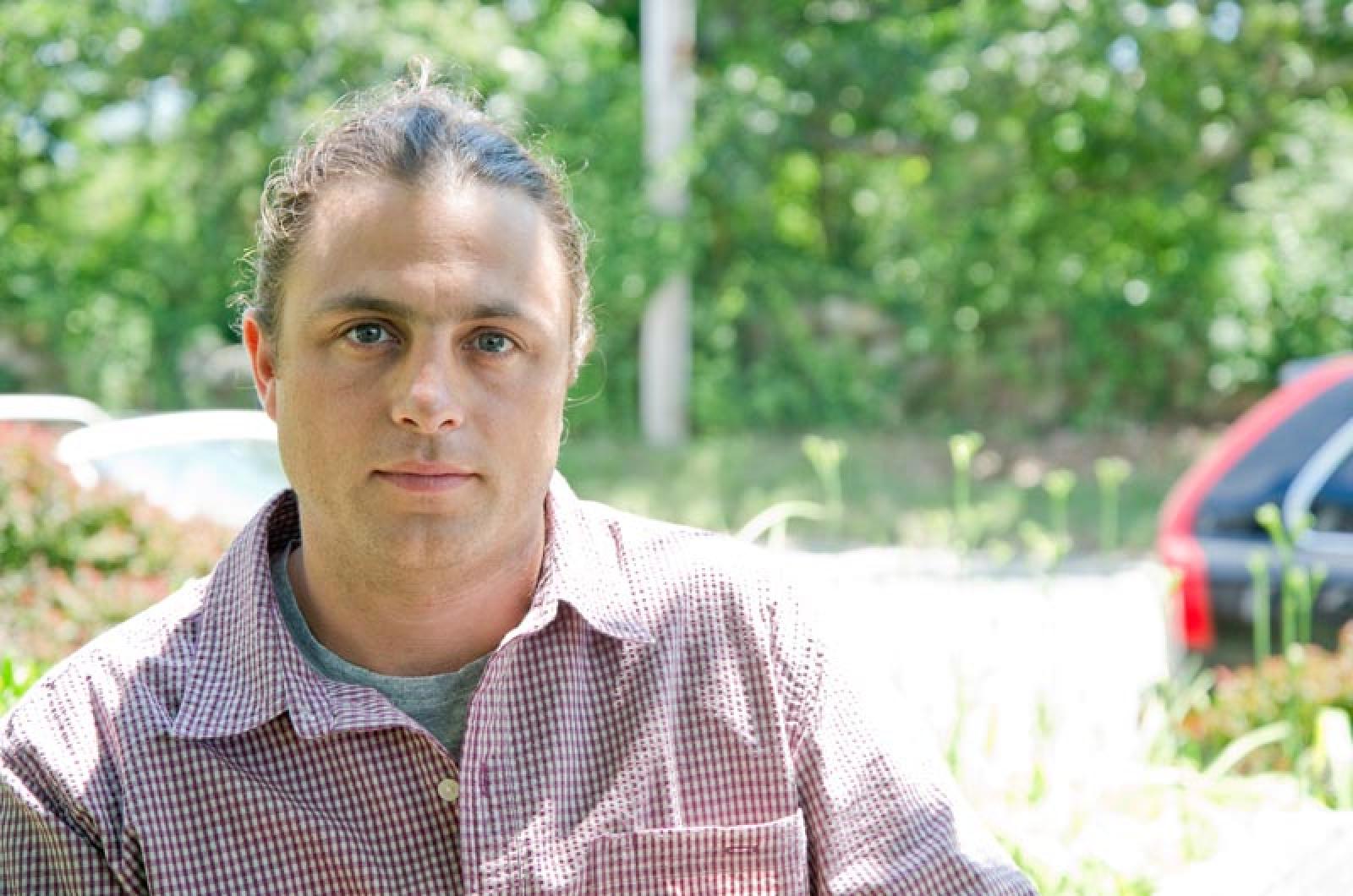When it comes to treating psychological disorders such as attention deficit hyperactivity disorder (ADHD) or post-traumatic stress disorder (PTSD), it is increasingly common for doctors to prescribe for their patients a variety of drugs. From Ritalin to Valium, these drugs can be highly addictive and can also have negative side effects that range from the relatively benign, such as a loss of appetite, to the extreme, such as severe atrial fibrillation. But prescription drugs are not the only way to treat these disorders. In the documentary Free the Mind, Danish director Phie Ambo explores the topic of “mindfulness,” a meditation practice with roots in Buddhist philosophy. In the documentary, the practice of mindfulness meditation is used as an alternative treatment for veterans of the Iraq war and for children with ADHD. The Martha’s Vineyard Film Festival will screen the documentary on July 17 at the Chilmark Community Center.
Following the film, Chilmark resident and Brown University research associate Jake Davis will moderate a panel discussion on the practice of mindfulness and its virtues as a treatment for psychological disorders. The panel will feature Rich Low, one of the research subjects depicted in the documentary, and Willoughby Britton, research director for Brown’s Contemplative Studies Initiative.
Mr. Davis, who spent several years as a Buddhist monk in Myanmar, currently studies philosophy and cognitive science at the City University of New York. He said that the goal of mindfulness practice is to enhance a person’s awareness of their surroundings and develop what he called a “settledness of mind.” As a result, a person will be more able to live in the present. Mr. Davis said that this is a crucial factor in our ability to live compassionately.
“To the degree that somebody can be more fully aware of what it feels like to be motivated by hate or by compassion, they will prefer to be motivated by compassion,” he said.
A primary focus of Free the Mind is the connection between the mind and the body. More specifically, the documentary explores the possibility that a person can alter the physical makeup of their brain and achieve mental well-being through mindfulness and other such practices.
“Both Buddhist tradition and modern science suggest that there is a connection between mindfulness practice and real changes in behavior and value,” Mr. Davis said.
Part of what Mr. Davis is currently studying is the intersection between mindfulness practice and moral psychology, which is the study of how we make ethical decisions and, in a broader sense, how we decide what to value. He said that attention biases, such as a preoccupation with stressors like work or relationships, can often prevent a person from achieving a settledness of mind. Mr. Davis believes the practice of mindfulness can contribute to the elimination of these biases by helping a person decide what they value most in their lives .
“Are we cultivating the habits of mind that we want to be cultivating? How do we even know what habits we want to be cultivating?” Mr. Davis asks. “We can feel that for ourselves, but it requires being open to the present.”
He said that the practice of mindfulness can help people to answer these questions for themselves.
In the context of the documentary, especially the use of mindfulness practice in the treatment of PTSD patients, Mr. Davis said he is curious as to whether it will change a person’s willingness to be involved in war — either positively or negatively.
“Are there cases in which you might feel good about going to war?” Mr. Davis asked. “If a person places a high value on things like valor and bravery, maybe.”
Mr. Davis said he plans to pose the question to the panel and the crowd at next Wednesday’s discussion.
Free the Mind screens at 8 p.m. on Wednesday, July 17, at the Chilmark Community Center.





Comments
Comment policy »